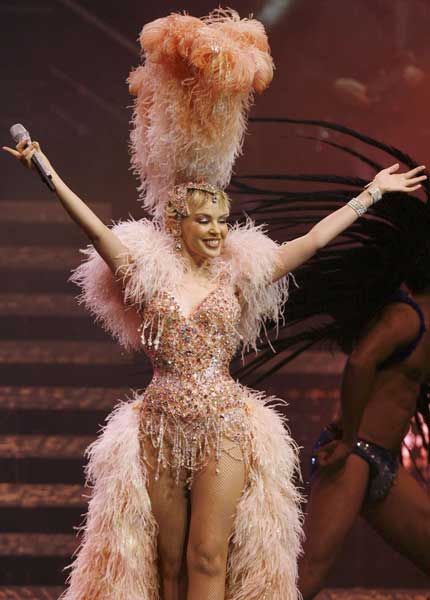A Short History of Celebrity, By Fred Inglis

Your support helps us to tell the story
In my reporting on women's reproductive rights, I've witnessed the critical role that independent journalism plays in protecting freedoms and informing the public.
Your support allows us to keep these vital issues in the spotlight. Without your help, we wouldn't be able to fight for truth and justice.
Every contribution ensures that we can continue to report on the stories that impact lives

Kelly Rissman
US News Reporter
Few phenomena seem to capture the rather dismal spirit of our age better than celebrity. It has become the staple of a thousand television shows and websites; magazines are devoted to it; the serious press, in the guise of reporting, replicates the same morbid fascination of the tabloids. Yet, as Fred Inglis writes, "Celebrity is everywhere acknowledged but never understood". It is a powerful corrective to realise that celebrity is not the invention of the contemporary PR industry, although it may have made a serious contribution to its mutation, but the product of over 200 years of social change.
Inglis starts his story in 18th-century London, where the city itself, rather than the cloistered royal court, becomes the stage on which people first search for fame and public recognition: the first formula for celebrity, rather than merely renown. In a format he uses successfully through the book, pen-portraits of individuals illuminate the changing forms and meanings of celebrity. Georgian London, where artists and writers sought to create a public profile and presence, gave us the actor-impresario David Garrick, portraitist Joshua Reynolds and later Lord Byron, whose short but extraordinary life initiated some of the key elements of contemporary fame.
Byron demonstrated the importance of charm as a public value, the potency of scandal in shaping and sustaining fame, and helped create a world where life becomes synonymous with an artist's work and a belief that art feeds directly off public excesses. But Byron, of course, was more than mere scandal. For celebrity and fame to be disengaged from mere art required the invention of conspicuous status-driven consumption and public forms of leisure. These were, in part, the creations of 19th-century Paris, where the department stores functioned as the stage for the rich and famous, and of 20th-century America, where the super-rich and their new-found fortunes became the cornerstone of fame and glamour.
With the simultaneous emergence of the new popular press, celebrity found itself made and unmade in the gossip columns. Almost every trick in the repertoire of today's tabloids and PR merchants was invented in this era and bitterness, spite and envy were added to the emotional palette of the public.
With the mass media came mass politics. Inglis's account of mid-century celebrity dwells both on the great dictators and the first wave of movie stars. The new technologies of personal projection created the central contradiction of modern fame. On the one hand, celebrities appear intensely familiar, on the other they are remote, unknowable.
Inglis hasn't much time for the political superstars, whose elevation to supernatural status is now unrecoverable. We know that they all have feet of clay, but the power of the silver screen still holds for him. Indeed, in what is often an intensely personal piece of work, he makes the case for the Hollywood icon as hero; of the importance of having lives worth celebrating rather than merely damming. In his accounts of Cary Grant and Marilyn Monroe I was close to being convinced.
Writing of our own era, he reserves his bile for the vacuity of the fashion industry and its icons, but is ready to celebrate the lives of rock stars and sportspeople, pleased in the end that the public likes to see celebrities doing what they are good at. That said, there is an underlying nostalgia for his own formative years, a preference for Stanley Mathews over David Beckham, for Bobby Jones over Tiger Woods. There is also a measure of despair, rather than contempt, for the cynicism, cruelty and manipulation that characterises "reality TV". In the closing pages comes a roster of celebrity lives that, for Inglis, hint at our better selves: the philanthropic Paul Newman, the saintly Mandela, with a kind if slightly patronising word or two for Kylie as well.
In that regard, reading this book is like spending time with your terrifically well-read great uncle. There is a tendency to ramble and repeat, but the stories are good enough that you forgive him. There is a rosy glow about Hollywood and the mid-20th century in general that is hard, for me at any rate, to take entirely seriously; but there is also, if you can hang in long enough, a lot of learning and a dash of wisdom too.
Subscribe to Independent Premium to bookmark this article
Want to bookmark your favourite articles and stories to read or reference later? Start your Independent Premium subscription today.
Join our commenting forum
Join thought-provoking conversations, follow other Independent readers and see their replies
Comments